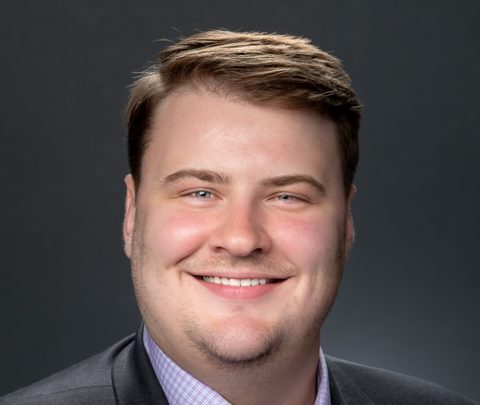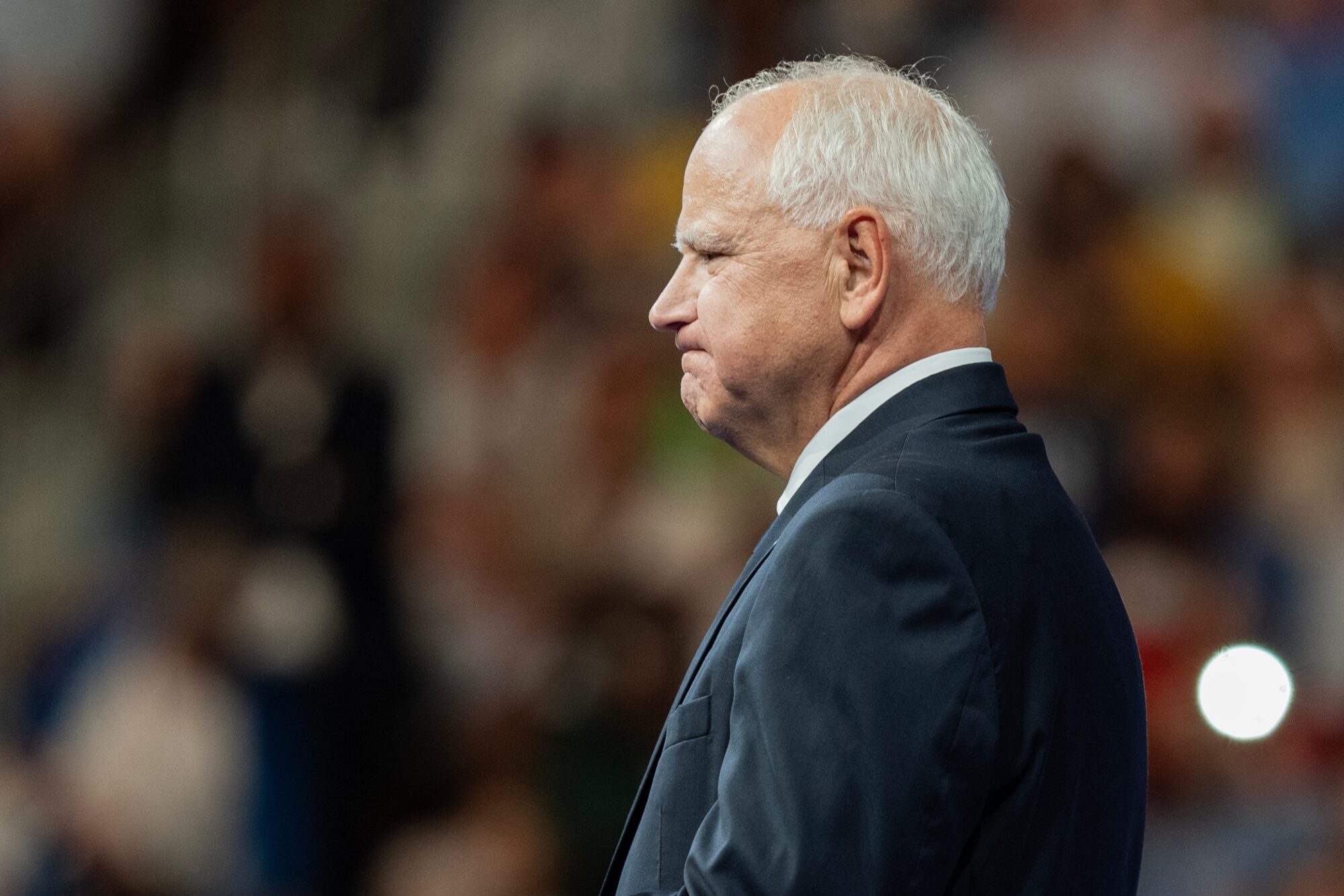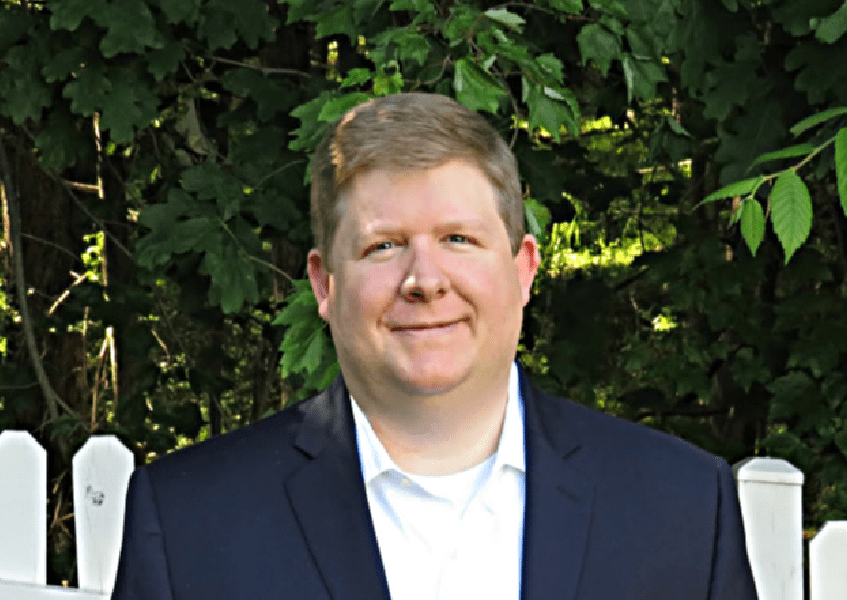
Jonathan Bain
Medicaid expansion in Mississippi would already be outrageously expensive. A private option approach would make it even more so.
Mississippi’s wisest policies have come from lessons learned from her neighbors.
After seeing the resources stretched thin in other states, Mississippi lawmakers passed the HOPE Act in 2017 to preserve the safety net and to punish fraudsters who were gaming the system. And earlier this year, Governor Reeves signed House Bill 1310 into law, which protects our elections and maintains the integrity of the vote in our state.
We need to continue this trend when it comes to Medicaid expansion.
Every single state that has tried it knows the true costs and impacts of Medicaid expansion. Expansion in all forms leaves states with fewer resources for the truly needy, busted budgets, and massive enrollment overruns.
But even worse for our state would be the “alternative” or “conservative” approaches to Medicaid expansion under consideration, most notably called the “private option” style of Medicaid expansion that Arkansas adopted. For the sake of our own state and the people who call her home, we must also stay far, far away and learn from Arkansas’s mistakes.
A little context: Medicaid expansion, in the traditional sense, expands taxpayer-funded health care beyond the populations the program initially intended to help – seniors, children, those with disabilities—to include able-bodied adults, those who can and should be working. The only qualifying factor for this added group is a low household income. These able-bodied adults aren’t required to work or search for employment, which is why studies have shown that more than half of these able-bodied adults nationwide do not work at all.
With traditional expansion, able-bodied adults are enrolled in fee-for-service Medicaid. These are the same benefits that the truly needy already receive – the eligibility pool is just expanded to include able-bodied adults. But with Arkansas’s private option model, taxpayer dollars are instead used to purchase private health insurance plans through the ObamaCare exchange.
There’s a glaring problem here: Able-bodied adults who can, and should, be working are receiving better health coverage than the truly needy. Do able-bodied adults who can, and should be, working deserve better health coverage than the truly needy? In Arkansas, pregnant women, those with disabilities, and seniors receive government-subsidized Medicaid benefits – which are accepted by fewer providers. Meanwhile, able-bodied adults with low incomes also receive subsidized health care benefits, but they receive private – and objectively better, more widely accepted, and more comprehensive – health insurance courtesy of state taxpayers.
To employ this in Mississippi would hardly be fair to the truly needy of our state.
The private option doesn’t just raise moral questions. It is also a more expensive approach to the issue – not a more “conservative” route – than traditional expansion. The Arkansas Department of Human Services reported that expansion enrollees came with a price tag of $661 per member per month, compared to just $260 per member per month for those enrolled in traditional Medicaid. What’s even more shocking is that it costs more to cover these private plans for expansion enrollees than it does to provide care for the “medically frail” in Arkansas—those in dire situations who utilize services much more frequently.
These monthly figures have led to massive cost overruns. Arkansas officials originally estimated that their expansion model would cost around $1.8 billion over the first three years. But two and a half years later, cost overruns had already reached 79 percent. Even worse, state officials once again projected that expansion would cost an estimated $3.3 billion from 2018 through 2021. But the actual cost over this time frame was nearly $8 billion.
Medicaid expansion in Mississippi would already be outrageously expensive. A private option approach would make it even more so.
Arkansas has also faced an enrollment explosion, pushing the truly needy to the back as able-bodied adults cut in line for benefits they could acquire on the private exchange on their own dime (for as low as $0 per month!) or through their employer. State officials predicted that only 250,000 Arkansans would be eligible for benefits under their private option model. But by 2022, there were nearly 340,000 able-bodied adults enrolled – an enrollment overrun of nearly 100,000.
Arkansas ignored the writing on the wall: The Government Accountability Office conducted an analysis of Arkansas’s private option waiver and concluded that “questionable methods” were used to make the proposal seem budget neutral. State officials used gimmicks and tricks to fool lawmakers into making bad decisions. And it worked.
Despite Arkansas lawmakers being blind to the disaster that is their private option model, other states have not buried their heads in the sand.
Iowa and New Hampshire both followed the lead of Arkansas and implemented a similar style of Medicaid expansion. Both were short-lived experiments. Iowa scrapped the private option model after premiums skyrocketed and health insurance providers pulled out of the program and stopped accepting expansion enrollees. Similarly, in New Hampshire, state officials estimated their program costs would decrease by more than half by ditching the private option and utilizing a conventional method of expansion—so they cut their losses and started over.
In Mississippi, we must be smarter. We must learn from states that have tried Medicaid expansion and that have tried the private option and failed miserably—with their people paying the price for bad policy. Mississippi must stay far, far away from Medicaid expansion, and even further away from the Arkansas-style private option.









